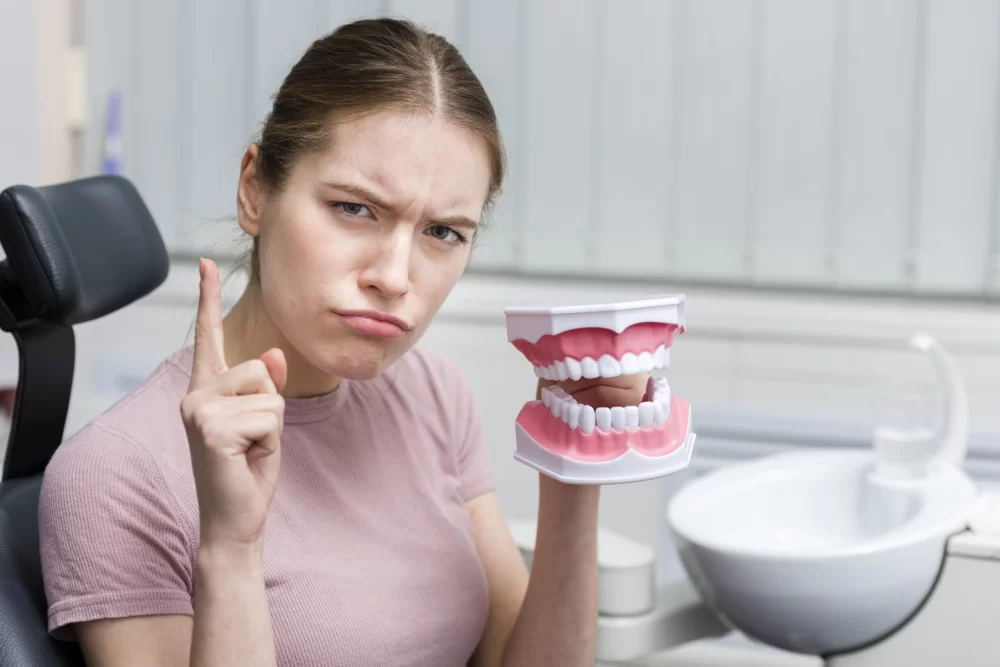
Understanding What Oral Hygiene Means
Oral hygiene refers to the practice of keeping the mouth, teeth, and gums clean and healthy to prevent dental problems such as cavities, gum disease, and bad breath. It is a fundamental aspect of personal health that extends beyond just brushing your teeth. Maintaining good oral hygiene means regularly removing food particles, plaque, and bacteria that accumulate in the mouth, which can otherwise lead to infections and systemic health issues.
The concept of oral hygiene is often misunderstood or overlooked, yet it plays a critical role in not only preserving your smile but also in maintaining overall well-being. The mouth is a gateway to the body, and poor oral health can contribute to serious conditions such as heart disease, diabetes, and respiratory infections. Therefore, oral hygiene is not just about aesthetics—it is a vital part of holistic health.
The Components of Effective Oral Hygiene
1. Brushing Properly and Regularly
Brushing is the cornerstone of oral hygiene. It removes plaque—the sticky film of bacteria that forms on teeth—and prevents it from hardening into tartar. Using a fluoride toothpaste twice daily helps strengthen enamel and fight decay. Proper brushing technique involves using gentle circular motions, reaching all surfaces of the teeth, including along the gumline.
Many people underestimate the time needed for effective brushing. Spending at least two minutes each session ensures thorough cleaning. Electric toothbrushes can provide additional benefits, especially for those who struggle with technique.
2. Flossing to Reach Hidden Areas
Brushing alone cannot clean between teeth or under the gumline effectively. Flossing daily removes trapped food particles and plaque in these tight spaces, preventing gum inflammation and tooth decay. It is a simple step that drastically improves oral hygiene but is often neglected. For people with braces or dental work, specialized floss or interdental brushes may be necessary.
3. Using Mouthwash and Other Aids
Antimicrobial or fluoride mouth rinses can enhance oral hygiene by reducing bacteria and strengthening teeth. Mouthwash is not a replacement for brushing or flossing but serves as a helpful supplement, especially for people with gum disease or high cavity risk. Other tools, such as tongue scrapers and water flossers, can improve hygiene further.
The Importance of Oral Hygiene for Overall Health
Maintaining good oral hygiene impacts more than just the mouth. Scientific studies increasingly reveal the connection between oral health and systemic diseases. For example, gum disease has been linked to heart disease because chronic inflammation in the gums can promote arterial plaque formation. Similarly, poor oral hygiene can worsen diabetes control by increasing blood sugar levels and complicating treatment.
One compelling case is that of Mark, a 45-year-old who struggled with chronic gum infections and frequent respiratory illnesses. After committing to a rigorous oral hygiene routine under his dentist’s guidance, Mark noticed significant improvements in both his dental health and general wellness, illustrating how oral care can influence the body holistically.
Common Oral Hygiene Challenges and How to Overcome Them
1. Sensitivity and Discomfort During Brushing or Flossing
Many avoid flossing or brushing aggressively due to discomfort or bleeding gums. However, gentle, consistent care often reduces sensitivity over time. Switching to a softer toothbrush and using proper flossing technique can alleviate pain. Consulting a dental professional for personalized advice helps overcome these barriers.
2. Maintaining Motivation Over Time
Oral hygiene requires daily commitment, and motivation can wane. Setting reminders, making brushing a family activity, or tracking progress through dental visits can keep routines on track. Rewarding oneself after maintaining good habits also reinforces positive behavior.
3. Managing Special Conditions
People with braces, dentures, or medical conditions may need tailored oral hygiene practices. Specialized products and professional guidance ensure effective cleaning while protecting dental appliances or sensitive tissues.
Oral Hygiene Tips for Different Life Stages
Children and Teens
Teaching proper brushing and flossing early sets the foundation for lifelong dental health. Using fun toothbrushes and encouraging regular dental check-ups motivates children to care for their teeth.
Adults
Adults should focus on preventing gum disease and tooth decay while addressing lifestyle factors such as smoking or diet that impact oral health.
Seniors
Older adults often face challenges like dry mouth or tooth loss. Maintaining oral hygiene becomes crucial for comfort, nutrition, and preventing infections.
Real-Life Stories Highlighting the Power of Oral Hygiene
Emily, a young professional, neglected her oral hygiene during a stressful period and developed severe cavities and gum disease. After seeking treatment and adopting a disciplined oral care routine, she not only restored her smile but also improved her confidence and social life. Her story demonstrates how oral hygiene can transform lives beyond health, influencing emotional and social well-being.
For those seeking expert advice, dental products, and personalized care recommendations to enhance their oral hygiene routine, Dentistry Toothtruth provides reliable resources and services tailored to your needs.

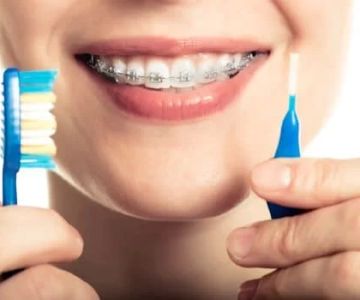

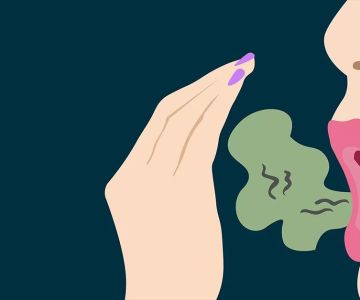

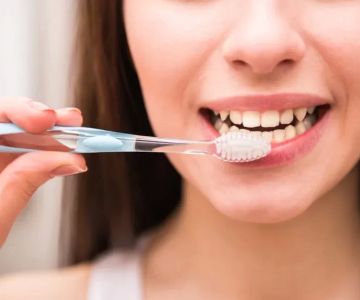
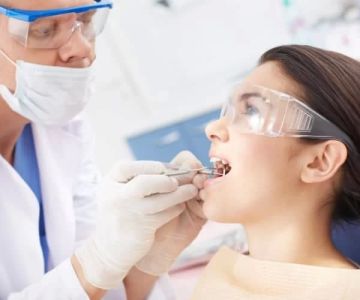
 Westgate Dental Arts3.0 (2 review)
Westgate Dental Arts3.0 (2 review) Coventry Family Dental4.0 (247 review)
Coventry Family Dental4.0 (247 review) Familia Dental3.0 (1028 review)
Familia Dental3.0 (1028 review) Dr. Daniel S. Fife, DDS4.0 (31 review)
Dr. Daniel S. Fife, DDS4.0 (31 review) Dentistry At Suburban Square: Michael I. Wollock, DMD4.0 (1228 review)
Dentistry At Suburban Square: Michael I. Wollock, DMD4.0 (1228 review) Comfort Care Dental4.0 (1156 review)
Comfort Care Dental4.0 (1156 review) The Importance of Oral Health Education During Pregnancy for a Healthy Pregnancy
The Importance of Oral Health Education During Pregnancy for a Healthy Pregnancy Why Skipping Dental Checkups Can Lead to Bigger Oral Health Problems
Why Skipping Dental Checkups Can Lead to Bigger Oral Health Problems Best Tips for Brushing Your Teeth Properly for Healthy Gums: Essential Techniques for Oral Health
Best Tips for Brushing Your Teeth Properly for Healthy Gums: Essential Techniques for Oral Health Advantages of Porcelain Dental Restorations
Advantages of Porcelain Dental Restorations How Can Diabetes Cause Tooth and Gum Problems? Preventing and Managing Oral Health Issues
How Can Diabetes Cause Tooth and Gum Problems? Preventing and Managing Oral Health Issues Healthy Habits for Promoting Good Oral Health and Hygiene: Tips for a Healthy Smile
Healthy Habits for Promoting Good Oral Health and Hygiene: Tips for a Healthy Smile